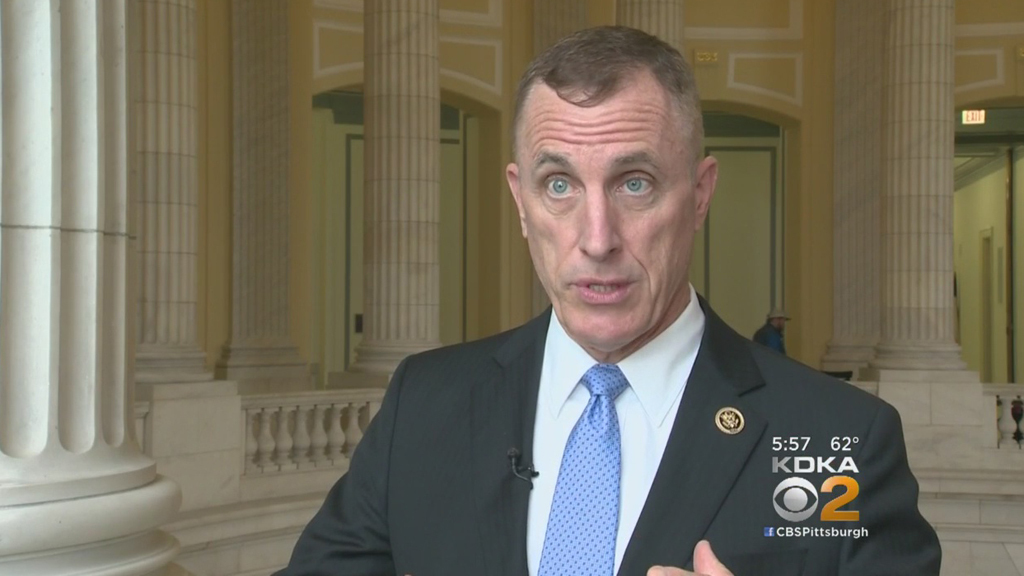CBS won’t let me post its video, so I posted the transcript of its news story below. Meanwhile, take four minutes to watch this interview with my amazing friend. You won’t be disappointed!
(3-25-17-) I’m proud to serve on the Corporation for Supporting Housing board of directors with Dr. Jim O’Connell, a truly wonderful and kind physician who was featured Saturday night on CBS news. A year ago, I wrote a blog about Jim and his book: STORIES FROM THE SHADOWS. If you really want to understand homelessness and meet those who walk among us unseen, you MUST read his book. (I’ve posted my blog about Jim at the end of the CBS transcript.)
Jim and I work together on the CSH board because we believe we can end homelessness in our country. Let me brag a little. CSH is one of the nation’s leaders in providing supportive housing to the homeless, persons with mental illnesses, individuals with addiction issues, and prisoners returning to our communities.
- We’ve provided loans, grants, project assistance and advocacy creating access to 200,000 homes for those who need housing and important services to achieve stability and transform their lives.
- We’ve made over $500 million in loans and grants. We’re worked in nearly 40 states, 225 communities, across three regions of the country.
- We’ve presented nearly 1000 training events in the past four years, many through our Supportive Housing Training Center.
CSH is the only board that I serve on and Dr. Connell is one of the reasons why.
You can watch the CBS story here or read the transcript below.
Meet the Boston Doctor Making House Calls To The Homeless
By Jim Axelrod, CBS News
BOSTON — It’s Friday morning in Boston, which means Dr. Jim O’Connell is making his rounds.
He might be a little more comfortable inside a warm exam room, but that’s not where his patients are. O’Connell is Boston’s only doctor left still making house calls to the homeless.







